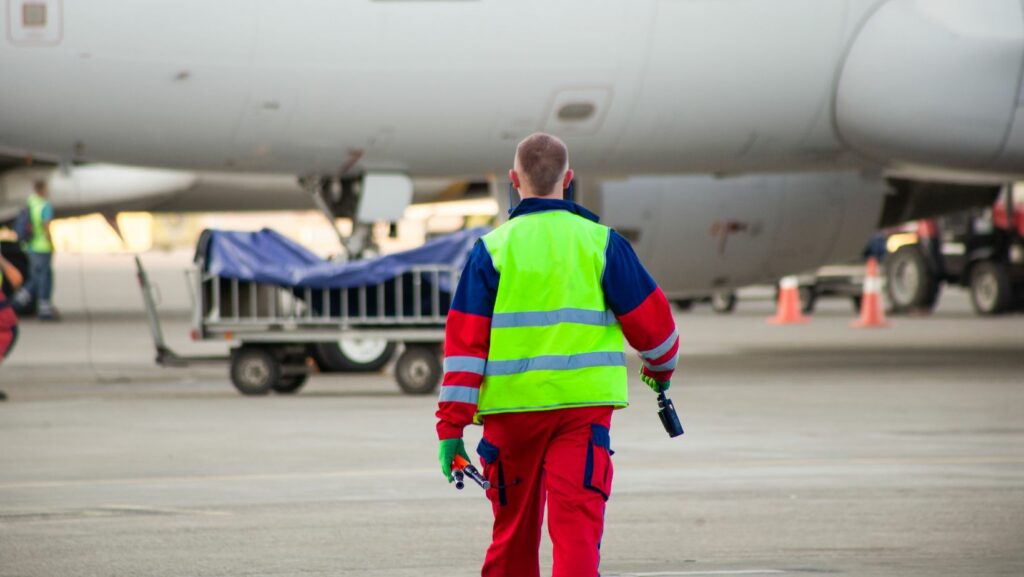Good Jobs For Good Airports Act
Are you curious about the Good Jobs for Good Airports Act and its potential impact on the aviation industry? In this article, I will provide an in-depth analysis of this legislation and its implications for airports and their employees. With my expertise in the field, I will discuss the key provisions of the act and how it aims to promote fair wages, benefits, and job security for airport workers. Join me as I examine the potential benefits and challenges associated with the Good Jobs for Good Airports Act, and its significance for the future of the airport industry.
Table of Contents
ToggleWhat is The Good Jobs For Good Airports Act?
Background of The Act
The Good Jobs for Good Airports Act is a significant piece of legislation that aims to improve the working conditions and wages of airport employees. As an expert in the aviation industry, I am well aware of the challenges that airport workers face and the importance of fair wages, benefits, and job security. The act recognizes the crucial role that airport employees play in the functioning of airports and seeks to address their needs.
Purpose of The Act
The primary purpose of the Good Jobs for Good Airports Act is to promote fair wages, benefits, and job security for workers in the aviation industry. The act recognizes the importance of providing good jobs not only for the well-being of workers but also to ensure the smooth operation of airports. By providing fair wages and benefits, the act aims to attract and retain qualified and skilled workers, which in turn will contribute to the overall efficiency and safety of airports.
One of the key provisions of the act is the establishment of a minimum wage requirement for airport workers. This provision aims to ensure that no worker employed at an airport earns below a certain threshold. By setting a minimum wage, the act seeks to uplift the living standards of airport employees and provide them with a decent income to support themselves and their families.

Benefits of The Good Jobs For Good Airports Act
Increased Job Opportunities
With the implementation of the Good Jobs for Good Airports Act, there will be a noticeable increase in job opportunities within the aviation industry. This legislation aims to promote fair wages, benefits, and job security for airport employees, which in turn will attract more individuals to pursue careers in this field. The act recognizes the importance of airport employees and their invaluable contributions to the efficient functioning of airports.
By ensuring that workers are provided with good jobs and fair wages, the act will create a positive environment that encourages talented individuals to join the industry. This will lead to an expanded workforce, allowing airports to handle increased passenger traffic and providing better services to travelers. Additionally, the act’s provisions on restrictions on subcontractors and temporary workers will help in creating more permanent positions, increasing job stability for airport employees.
Improved Working Conditions
The Good Jobs for Good Airports Act aims to improve the working conditions for airport employees. This includes establishing a minimum wage requirement and providing access to affordable healthcare. By setting a minimum wage, the act ensures that workers receive fair compensation for their efforts, which will help alleviate financial burdens and improve their overall well-being.
Moreover, access to affordable healthcare is essential for the physical and mental well-being of airport employees. By implementing this provision, the act acknowledges the importance of providing adequate healthcare coverage to workers who play a crucial role in the smooth operation of airports.
Higher Wages And Benefits
One of the key benefits of the Good Jobs for Good Airports Act is the provision of higher wages and benefits for airport employees. The act emphasizes the importance of fair pay for the hard work and dedication of these individuals. By establishing minimum wage requirements, the act guarantees that airport workers will receive a wage that reflects their contribution to the industry.
Furthermore, the act promotes the provision of benefits such as healthcare and retirement plans. Airport employees will have access to affordable healthcare coverage, ensuring that their medical needs are taken care of. Additionally, retirement plans will be offered to help employees secure their financial future.
The higher wages and benefits provided by the act will not only lead to improved living standards for airport employees but also contribute to the overall economic growth of the communities surrounding airports. This will result in a more motivated and dedicated workforce, ultimately enhancing the efficiency and quality of services provided at airports.
Conclusion
The Good Jobs for Good Airports Act is a crucial piece of legislation that prioritizes the well-being and rights of airport workers. By establishing a minimum wage requirement, providing access to affordable healthcare, and implementing restrictions on subcontractors and temporary workers, this act aims to create a positive working environment for airport employees. The Good Jobs for Good Airports Act is a significant step towards promoting fair wages, benefits, and job security for workers in the aviation industry. It not only contributes to the success and efficiency of airports, but it also creates a positive working environment for airport workers.











